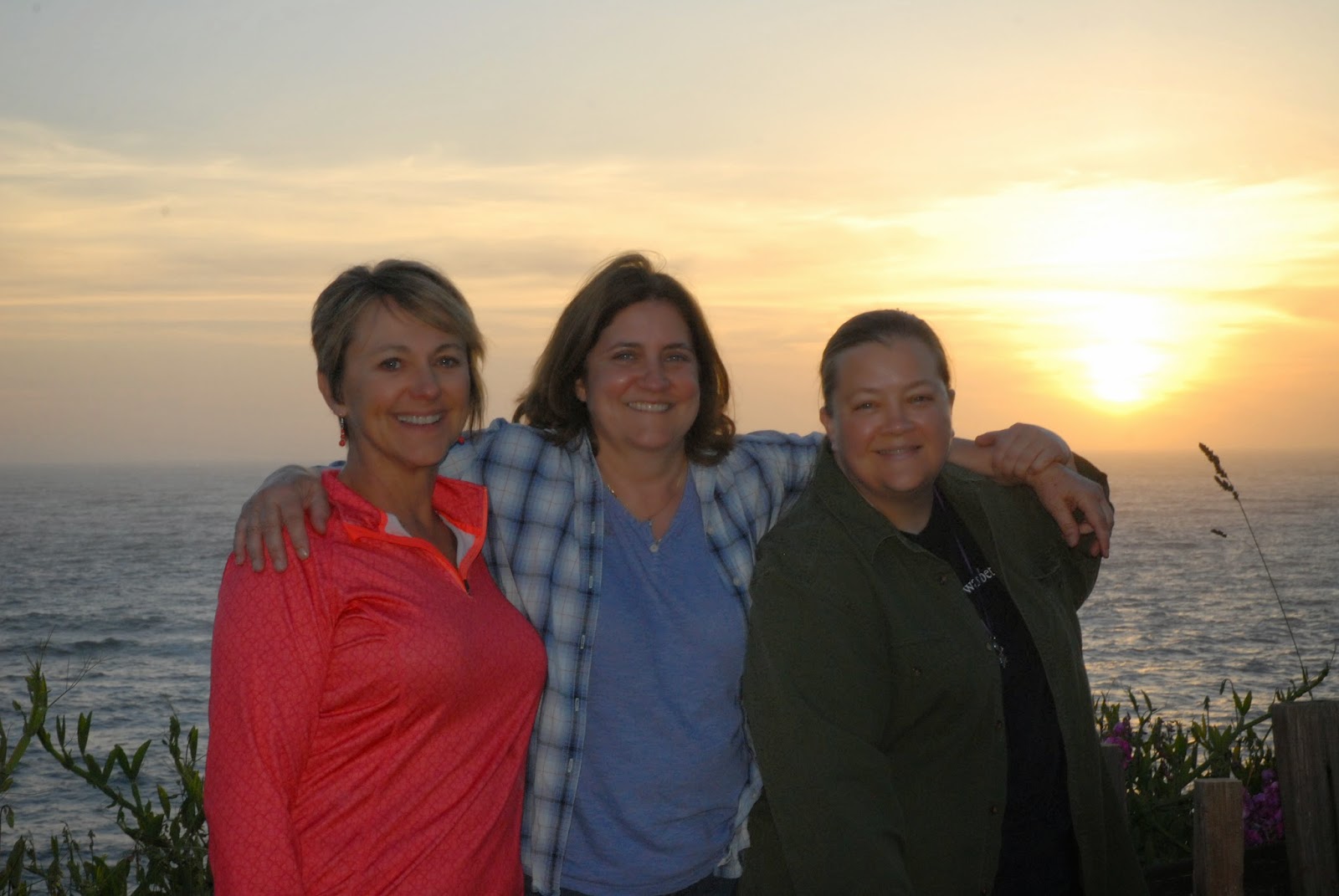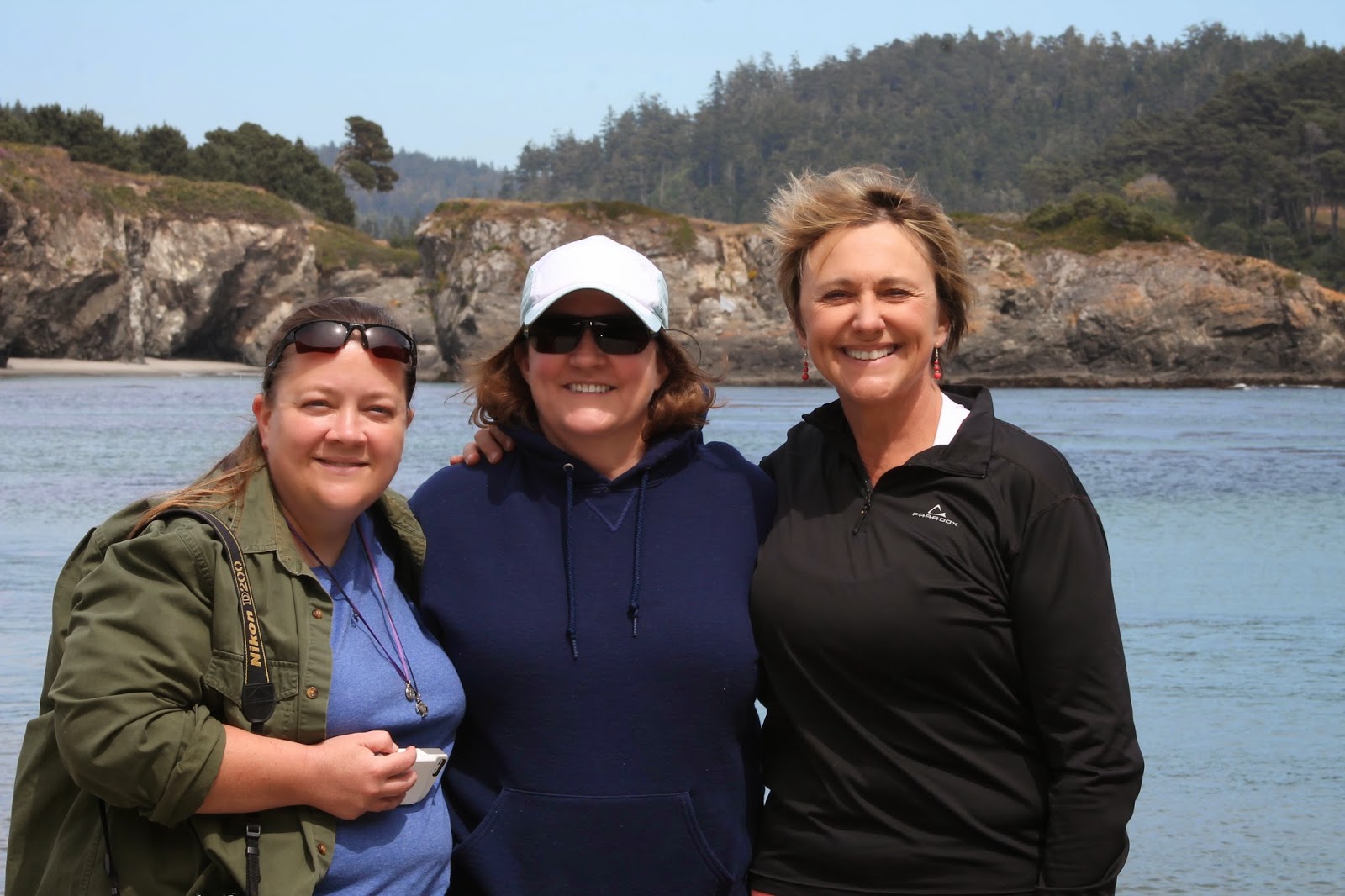My sixth grade teacher was Mrs. Cynthia Scibal, a fresh-faced, college
graduate from the University of Virginia. My memories of sixth grade are strong ones.
In her class, we did so much more than worksheets. I built a prehistoric diorama with my Barbie dolls and G.I. Joe. When the weather was cold, my teacher would let a few of us stay inside to draw. My fascination with the middle ages began that year when I made a castle, and learned the basics of calligraphy. I thought Mrs. Scibal was the most beautiful, exciting woman I'd ever met. And then she introduced us to poetry.
 |
| Yes, I kept a few mementos from 6th grade. |
That sixth grade year, I was a horse lover, through and through. My fascination with horses lasted until my fascination with boys overtook my life. I drew them; I read about them; I coveted them; I rode them; I loved them...the horses, I mean.
When a stray pony showed up in our yard one winter's day, our parents were puzzled about what to do. There was no question in my mind; we had to adopt him straightaway so he didn't miss a meal, and he knew he was loved. I began a desperate plea on the pony's behalf. I needed him as much as he needed me.
Since my teacher had assigned us a poem for homework at about the same time as the stray pony incident, I was thrilled to have a topic so dear to my heart about which to write. It was rather a long poem; simple in rhythm and rhyme, and I couldn't wait to show it to my teacher.
As soon as Mr. Wolf stopped the yellow school bus in front of the school, I pushed my way to the front of the bus, and ran all the way up the cement stairs, and across the creaking wooden floor to my classroom. My notebook paper was slightly wrinkled in my clutches when I breathlessly entered the room. Mrs. Scibal looked up from her desk, and her face broke into a wide smile.
"I did a poem last night!" I told her, placing the paper in front of her on her desk. She flashed me a smile, and began to read.
"Oh, Denise, this is good stuff," she said as her eyes moved down my paper. "I love this. Wow. Super cool." Yes, my teacher was very generous with her praise. "We need to show this to Mr. Drumheller."
I couldn't believe it. We were going to the principal's office to show him my poetry. As we waited outside his door, I shifted nervously in my Converse high tops. What if he thought it was just dumb?
"Mrs. Scibal! Denise! Come in," Mr. Drumheller boomed in his cheerful voice. We walked into his office with the infamous "Board of Education," a paddle with holes in it, hanging behind his desk. I was pretty sure it was supposed to be a joke; I couldn't imagine our jolly principal actually using that on anyone's backside.
"Mr. Drumheller, we have a poet here. I would like to share Denise's poem with you," Mrs. Scibal told him. She beamed at me as she handed the rumpled sheet of paper to him.
As he read, he stroked my blossoming ego with his enthusiastic words, "Good job! Well done!" I thought I would burst.
There are many turning points along our life's journey. This was one of mine. From that day on, in my mind, I was a writer; a poet, even. No one could tell me any differently because my teacher and my principal had confirmed it when I was 12 years old.
Was the poem exceptional? Was it an exemplary piece of literary work deserving of this sort of praise? Well, actually, no. My teacher had seen a young girl, struggling to find herself, wanting to be accepted in her new school. She had gotten to know me, and knew of my parents' recent divorce, the move to a new county, a new house, and this new school. She knew I only had a handful of friends, Audrey Kay Phillips, Laura Ann Hall, and Bennett Saunders. My teacher wanted more than anything for me to feel appreciated and accepted, and she went out of her way to make sure that I knew my value and worth.
This snippet was in my scrapbook:
The poem driveled on and on, building tension and emotion, the conflict evident of a young girl's desire to have a pony, and the unlikelihood of that ever happening, and it ended happily when the owners offered to let the family keep the pony since he seemed so happy at the young girl's house.
It was a dreadful first attempt at rhyming couplets, but my teacher saw something more. She fanned the flame of a young writer's heart with her compassion and love for me. That turning point taught me less about writing, and more about being a good teacher.
When I became a teacher with a classroom of my own many years later, I tried to find ways to motivate my students by capitalizing on their own strengths. Instead of using empty threats of being sent to the principal's office for bad behavior, I tried to reward good behavior with a quick trip to the principal's office. We never know how far our influence will reach, but I personally know the power of having two adult role models praising a child for a good job.
Mrs. Scibal and Mr. Drumheller, I have no idea where you are today, but this writer is so grateful for the moments you took out of your busy days to honor the poet within her. It truly changed my life, and I know I will never forget how important praise is in the life of a child. I only wish I could thank you in person, but this will have to do.


















.jpg)







































